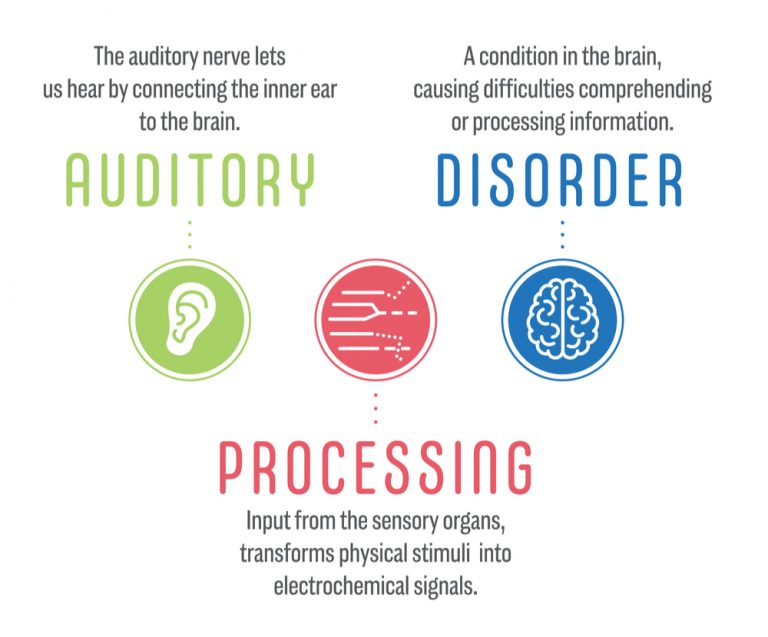

A diagnosis cannot be made with just a symptom checklist. That is to say, children with ADHD struggle to maintain attention on what is being said, while those who have APD hear what is being said, but their brains incorrectly processes the message.Īudiologist Terri James Bellis, PhD, an internationally recognized expert on APD, says that parents should be aware that not all children who have symptoms of APD actually have the condition. Or, they may be preoccupied with looking at a dog outside the classroom window instead of paying attention to their teacher’s directions.Ī key difference between ADHD and APD is that for children who have ADHD, “it is the attention deficit that is impeding their ability to use the auditory information coming in, not the processing of it in the brain,” according to The Auditory Processing Center, an audiology clinic in Clinton, Mississippi. They may impulsively get out of their seat while a teacher is talking and miss what is being said. How is a parent to know if a child has ADHD, APD, or both? Children with ADHD may struggle to listen to what their teacher is saying because they have difficulty paying attention. Surprisingly, most children with APD may not have any issues with physical hearing. If your child displays many of these symptoms, you might wonder about possible hearing loss.


Difficulty understanding and following rapid speech.Taking longer than typical to respond to when spoke to in conversation.Difficulty understanding spoken language in noisy backgrounds.Difficulty figuring out where a sound is coming from.For example, someone with APD may not be able to pick up on small differences between words like “pig” and “big.”Īccording to the American Speech-Language-Hearing Association, other symptoms of auditory processing disorder, sometimes called central auditory processing disorder, include: The telephone game is a bit like what happens with APD a person hears the spoken phrase but their brain incorrectly decodes the message. What usually happens is that by the time that message is relayed to the last person in line, it is changed or garbled. Remember the childhood game of telephone? A message is whispered into one person’s ear, and then they interpret that message and pass it on to the next person. Although the rate of APD in childhood is unclear, parents need to be aware of its signs and symptoms. Studies reveal that thirty-three percent of children with ADHD have at least one co-occurring condition. It is common for a child with ADHD to have another condition such as APD. APD may go undiagnosed or be misdiagnosed because of overlapping symptoms shared with other conditions.

How do you know if your child is purposely ignoring your requests or if they are showing signs of auditory processing disorder, ADHD, or both? What makes APD a confusing condition is that symptoms like inattention and academic struggles seem similar to those of other conditions, including ADHD, autism, and some learning disabilities. Does your child seem to ignore you when you ask them to complete a task, or how their school day was? Many parents say that has been their experience with their children.


 0 kommentar(er)
0 kommentar(er)
